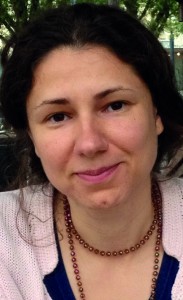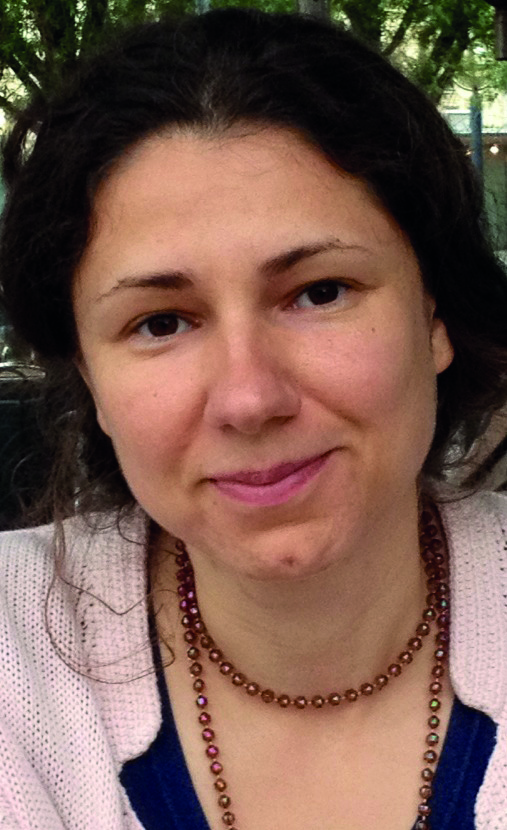One in ten female doctoral students at the Faculty of Social Sciences is on sick leave. The University’s investment in mentor programmes continues in order to decrease the number of female doctoral students on sick leave.
The high number of female doctoral students who are on sick leave has been a long-time problem for the University. At the Faculty of Social Sciences, the management group for equality and equal opportunities have drawn up an equality balance sheet for 2014 for the purpose of getting to grips with the high number of female doctoral students on sick-leave.
The total number of people (both men and women) on sick leave at the Faculty of Social Sciences in 2014 was at 4.6 percent. But it is the percentage of female doctoral students on sick leave that stands out – it is as much as 9.1 percent. These are predominately female doctoral students between ages 30 and 49.
Finding the life-work balance is tricky
According to a report in 2003 from the National Agency for Higher Education, there is no simple explanation for why more female doctoral students take sick than their male counterparts. According to Aleksandra Popovic, Doctoral Student Ombudsman at Lund University, some of the factors pointed out are stress and the absence of a good way to plan your working hours.
“Women today still carry most of the responsibility when it comes to the family and that, in turn, affects their work. It makes it harder to find that balance between life and work”, says Aleksandra Popovic.

Photo: Archive/Private
Has to be constantly monitored
Gunilla Jarlbro is a professor at the Department of Communication and Media. She has been the chairperson of the management group for equality and equal opportunities and worked on last year’s equality balance sheet. According to her, the faculty has counteracted the large amount of women on sick leave through mentoring programmes.
“When it comes to questions about equal treatment, they have to be constantly monitored. One way to do this is through the mentoring programmes. They are voluntary and the doctoral students themselves choose what they want to bring up”, says Gunilla Jarlbro.
According to Andréa Björk, the human resources manager at the Faculty of Social Sciences, the faculty is working on the problem.
“The number of people on sick leave is quite high if you compare them to the rest of the faculty. In total, the number of people on sick leave at the faculty was 4.5 percent. We have not discussed a specific number. You have to set sub-goals somewhere, but we are working towards decreasing the amount of people on sick-leave”, says Andréa Björk.
Does not fix everything
Aleksandra Popovic agrees that a mentoring programme could be good to a certain extent, but it will not fix everything.
“The mentor programme can help with the expectations that you have on yourself, but not the expectations that other have on you. If the doctoral student cannot finish the work during the given time, it will not help to talk about it in a mentor group. It is necessary that the person in charge of the workload does something to make it easier”, says Aleksandra Popovic.
Text: Beri Zangana
Translation: Emily Eriksson






